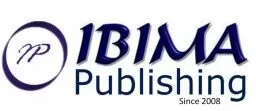The Adoption of Strategic Human Resource Management Practices in Commercial Banks: The Process and Challenges in Kenya
Journal of Human Resources Management Research
Developing an effective human resource system that is compatible with organizational strategy is critical for the functioning and success of an organization in the competitive business arena. The main objectives of the study were to establish the extent of adoption of strategic human resource management…

